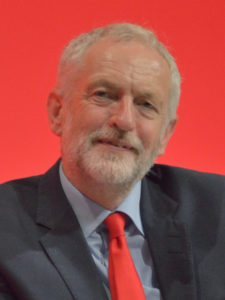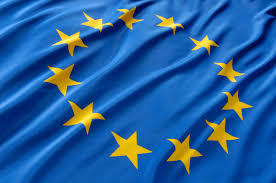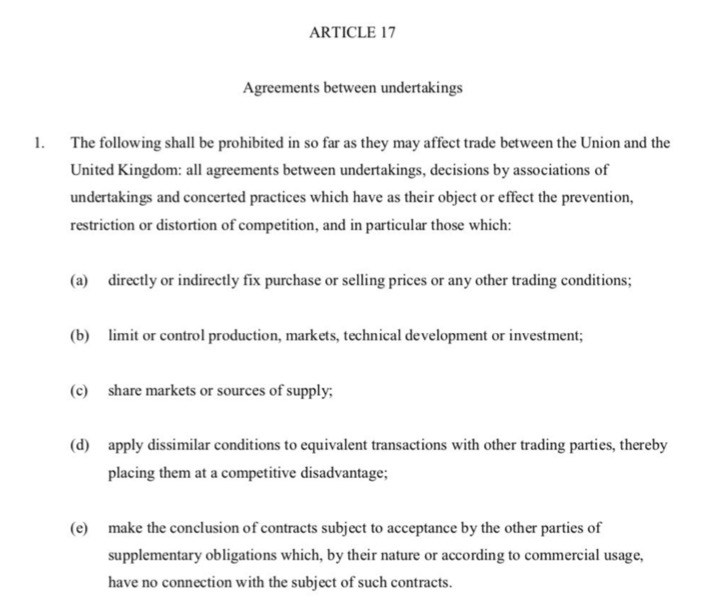
Jeremy Corbyn
(Update: polls show a likely strong Conservate majority. If correct, that’s going to cause a lot of suffering and, likely, the end of the remains of the British welfare state. So be it, this is what Brits voted for. A pity, but you can’t save people from themselves.)
So, it’s Britain’s general election. This is probably the most important British election since Thatcher was first elected. Both Johnson and Corbyn, if they win, will change the nature of Britain. Corbyn will increase human welfare massively, prepare for climate change, nationalize various natural monopolies and so on. Johnson will continue the privatization of the NHS, will drive down wages, will be cruel to anyone who needs assistance.
Johnson will Brexit in a way designed to allow Britain to drive down environmental, labour and human rights standards as well as to allow Britain to sell off large parts of what remains of its patrimony to foreign interests (primarily American.) Corbyn’s Brexit will be designed with the opposite goals: to make it possible to be better than the EU, not worse.
None of this is hyperbole, and this is not something I will be wrong about, whoever wins.
The campaign has been a complete disgrace, with the UK media, including the BBC, pushing Johnson and the Conservatives hard, and smearing Corbyn as an anti-semite, when his entire life has been devoted to causes like anti-racism. But standing up for Palestinians, as if they are human, is verboeten, because anti-semitism has come to mean “opposes Israel’s evil actions.”
Polls are all over the place, but show a Conservative lead. On the other hand, there has been a vast swell of first time voting registrations, and how they vote and if the youth vote comes out will matter.
This is a two way race (minus the SNP in Scotland). If you want a mean, cruel Britain you should vote for Johnson. If you’re not scum, you should vote for Corbyn. There are a few ridings where tactical voting may help, but do your research. In most cases it’s the Conservatives or Labour.
This election is perhaps the clearest I have seen in my entire adult life. Corbyn is, whatever his flaws, as close to a Saint as will ever have a chance of being in charge of a major country. Johnson is a serial liar and nearly completely callous.
If Corbyn does win, Labour needs to restructure the media as one of its first orders of business. If Johnson wins, well, it’ll be good for rich people and their senior lackeys. If you’re poor, sick, or handicapped, brace yourself for a lot more misery. If you’re middle class, understand your odds of staying the middle class just dropped.
Watching the election has been very instructive, because the sheer scale of the establishment’s hatred of Corbyn and willingness to lie nonstop indicates just how terrified of him they are, and thus indicates he’s actually worthy of support. They’re doing this because they know he will change the very nature of how Britain runs in ways that mean they will have less power and less wealth. He’s the first person in a position to be Prime Minister of Britain since Thatcher who actually wants to change Britain from Thatcher’s consensus (Blair didn’t, he embraced it.)
It’ll be interesting, and revealing, to see what the British voters choose. Corbyn hasn’t run a perfect campaign, and he clearly mishandled the politics of Brexit, but at the end of the day, he’s the better choice, and voters have responsibilities as well. (Plus Boris is comically awful.)
If you’re British, you know who I think you should vote for. I’ll go further, anyone who votes for Johnson and the Conservatives is a bad person. I admit no exceptions. This isn’t an election between evils, it’s an election where the choice is good or evil.
Choose.
Money would be rather useful, as I don’t get paid by the piece. If you want to support my writing, please DONATE or SUBSCRIBE.


 The bottom line here is that there was a referendum, and “leave” won.
The bottom line here is that there was a referendum, and “leave” won. They claim it’s due to anti-semitism and Corbyn’s approach to Brexit. (The anti-semitism charges are, to my mind, essentially bogus. There is no more anti-semitism in Labour today than under Blair—-unless, of course, one thinks that criticizing Israel is anti-semitic.)
They claim it’s due to anti-semitism and Corbyn’s approach to Brexit. (The anti-semitism charges are, to my mind, essentially bogus. There is no more anti-semitism in Labour today than under Blair—-unless, of course, one thinks that criticizing Israel is anti-semitic.)